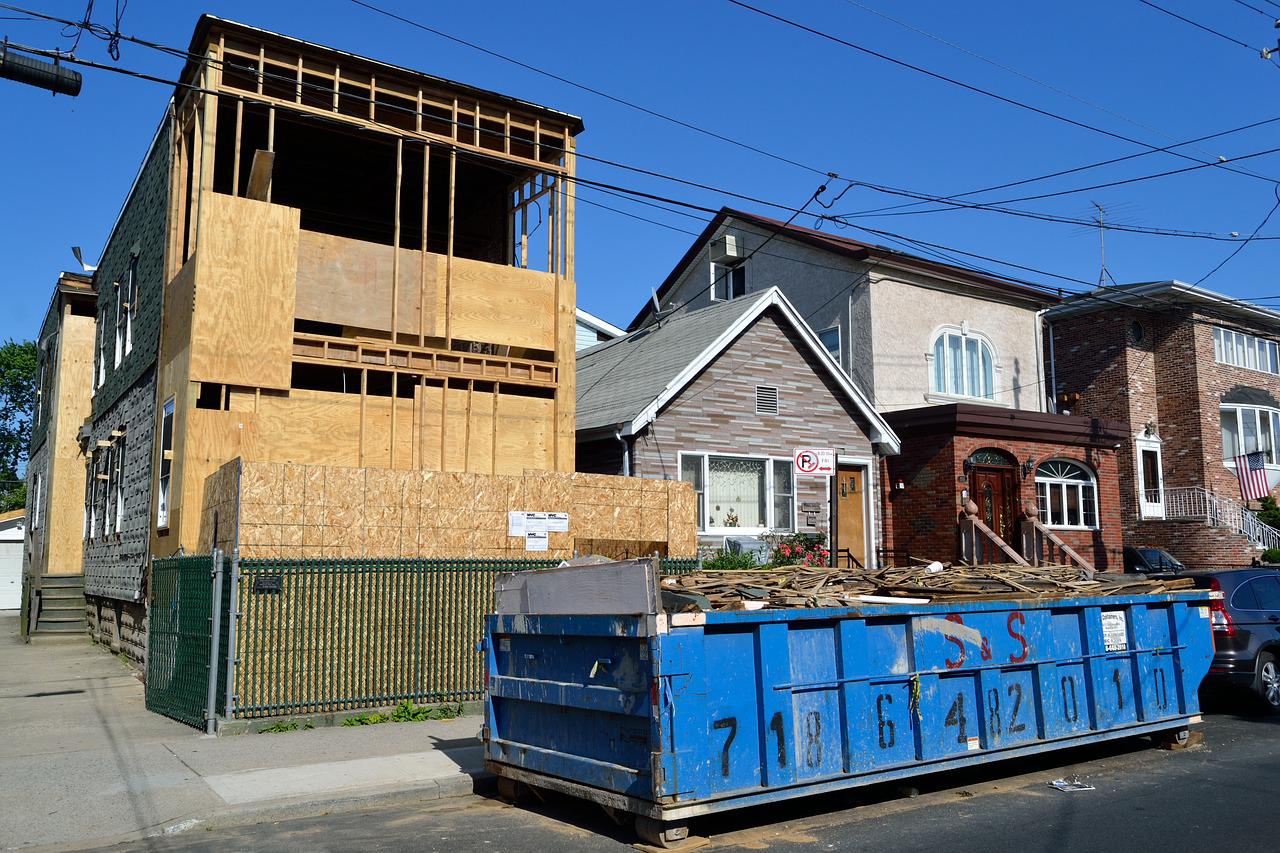It may come as a surprise to some, but flipping houses is a complicated process. While it is possible to make money – or even a living – by flipping houses, it’s a process that requires a lot of time, money, and work. To help you get started on the right foot, we’ve created a guide outlining the five essential rules for beginners in the house flipping business. Be sure to remember these rules throughout the project to make the process easier and increase your chances of financial success.
Rule 1: Understand Your Cash Needs
One of the most fundamental requirements of a successful house flipping project is cash. Transforming a fix into a flip requires a significant amount of money, so it’s important to consider your financial situation. If you do not have the cash required to purchase and renovate the property on hand, there are other options available to help you purchase the property and complete the project.
Securing a loan from a hard money lender is a great option for funding a fix and flip property. Before contacting a lender, take account of your monthly expenses and your credit score. It’s also beneficial to have a rough estimate of the amount of money you’d like to borrow from the lender to complete the project.
Another option to consider is forming a partnership with another investor or a small group of investors. This will expand the amount of cash available to fund the project and, depending on the skillset of the people in your partnership, help save money on hiring experts for the project.
Rule 2: Hire Contractors and Experts
It’s important to know that investing in real estate is complicated. While it is possible to fix and flip a property on your own, we recommend hiring a team of contractors and experts to renovate and sell the property. Exploring contractors and real estate agents in your area before making an offer on a property will help ensure the success of your next fix and flip project.
Before making an offer, we recommend hiring a real estate agent, real estate lawyer, tax expert, architect and anyone else with the expertise to help you receive the maximum return on your desired fix and flip property. Your team can focus their expertise on various areas of the project, allowing you to concentrate on the big picture. This will help ensure the fix and flip project is completed on time and under budget.
[ READ MORE: What Licenses are Required for a Fix and Flip? ]
Rule 3: Search for an Undervalued Property
Finding an undervalued property can be a challenge in any market. Foreclosure rates are down and the supply of properties are quite limited. However, a skilled and thoughtful investor can overcome these issues and compete in the market.
There are several ways to find sellers of properties that are ideal for a fix and flip project. One technique is to create bandit signs. Bandit signs are portable signs that can be placed in various neighborhoods encouraging property owners to contact you. Other techniques include creating and distributing business cards to raise awareness via word of mouth and examining local housing data, as lists of abandoned homes can yield many leads.
Rule 4: Know Your House Flipping Math
Understanding common real estate calculations is important in the house flipping business. Make sure you understand the property’s after repair value (ARV), which is the value the property will be worth after all renovations have been completed. You should also determine the maximum allowable offer (MAO), which means the amount you’re willing to pay for the property. Once you’ve determined both the ARV and the MAO, a simple calculation will provide you with a rough estimate of how much the project will cost and the profit you can expect once it’s completed:
- Multiply the ARV by seventy percent
- Subtract the costs from the MAO
- Subtract all renovation costs, including the cost of labor
This calculation is the best way to estimate your profit and reduce your risk.
[ RELATED: What Permits Do You Need to Flip a House? ]
Rule 5: Don’t Waste Time
Perhaps the single most important rule is an easy one: don’t waste time. Move as fast as you can when flipping homes. The longer it takes to finish a renovation, the more money and effort you’re putting into the property. When a property sits on the market, you are liable for various costs including property taxes, insurance, and any sudden repairs. Find the balance between high-standard renovations and flipping the property as quickly as you can.
Fix and Flip Hard Money Lenders in Texas and Tennessee
Loan Ranger Capital is the top fix and flip hard money lender in both Texas and Tennessee. We offer competitive hard money loans, so investors can move forward with their projects and maximize their profits. We also offer low interest rates and loan approval in a little as 24 hours.
If you’re looking to fund your next fix and flip project in Texas or Tennessee, contact us and we’ll be happy to help.
